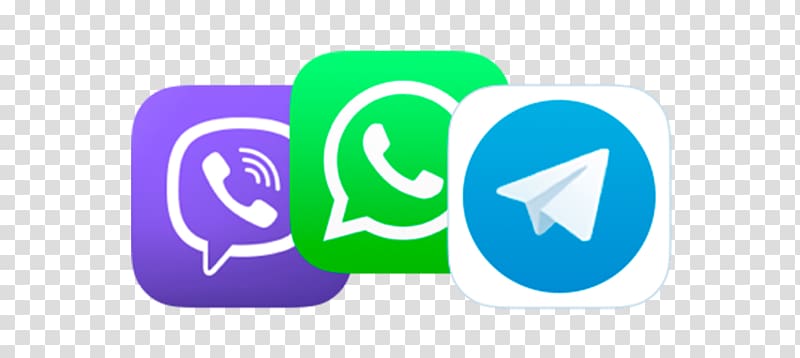

Most mobile messaging services, like Facebook Messenger, require you to create an account of some sort. Since 1982, PCMag has tested and rated thousands of products to help you make better buying decisions. WhatsApp is also still free to download and use for one year, and it costs a mere 99 cents per year after that. Though WhatsApp was purchased by Facebook for a staggering sum it is still very much alive, now topping 800 million users, and available on iOS, Android, BlackBerry, and Windows Phone along with more rarified platforms like Symbian devices. The mobile messaging space is now extremely crowded, and, while WhatsApp has added critical new features like Web messaging and voice calls since my last review, it has started to show its age. But a lot has changed since we last took a formal look at WhatsApp. Boasting hundreds of thousands of users, it was the service. Among them, WhatsApp (free, 99-cent annual subscription) quickly gained a reputation, particularly abroad, as the leader in the space. Just a few years ago, messaging services that sought to replace SMS were few and far between.


 0 kommentar(er)
0 kommentar(er)
